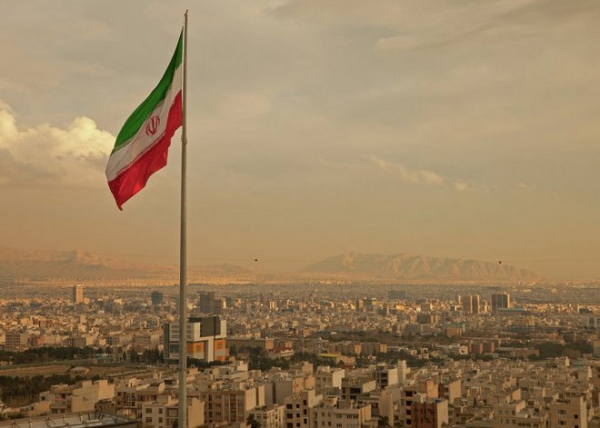Baku, Azerbaijan, Jan. 16
By Farhad Daneshvar - Trend:
Right after Iran's Foreign Minister Mohammad Javad Zarif announced that the sanctions on Tehran will be removed today, Jan. 16, there have been numerous speculations on how this would affect the country's economy.
It is widely believed that reconnection of Iran's banking system to the Society for Worldwide Interbank Financial Telecommunication (SWIFT) and the consequent reduction of the costs for money transfer between Iranian and international banks would be the most significant impacts of the removal of sanctions on Iran's Capital Market (Tehran Stock Exchange, Iran Mercantile Exchange, Energy Exchange, etc.), as well as Iran's economy.
Iranian banks, particularly those with branches abroad, will be directly affected by the removal of sanctions, while sectors such as pharmaceuticals, motor vehicles and auto parts industries, as well as petrochemistry, which have high amounts of international transactions in foreign currencies, will be impacted indirectly, said Iranian newspaper Donyay-e Eqtesad Jan. 16.
Since March 2012, as part of measures taken in a bid to intensify the sanctions on Tehran due to its nuclear program, Iran's banking system has been deprived from access to the SWIFT, which has had a catastrophic impact on Iran's Capital Market.
Disconnection from the SWIFT caused the banks and companies to employ new methods for transferring money that were limited and time consuming, meanwhile the adopted methods by Iranian banks and companies increased the costs of transactions.
Sectors, such as pharmaceuticals and motor vehicles, had to import raw materials from foreign countries. Therefore the restricted transaction options increased their costs and simultaneously decreased the volume of their production.
As a result of imposing sanctions on the country's banking system, initially the value of the shares of banks fell in the Capital Market and consequently the value of the shares of pharmaceuticals, petrochemistry and motor vehicles industries saw sharp decline, and finally the main indexes of the Capital Market dropped drastically.
With the removal of sanctions on the banking system, the banks will be reconnected to SWIFT, which will increase the speed of money transfer and decrease costs.
Therefore, the aforementioned sectors will enjoy benefits in terms of reduction of expenses and quick transactions.
Already following the reports regarding the imminent removal of the sanctions and the implementation of the JCPOA, Tehran Stock Exchange (TSE) has become bullish, and foreign currency prices against rial, Iran's national currency, have dropped.






